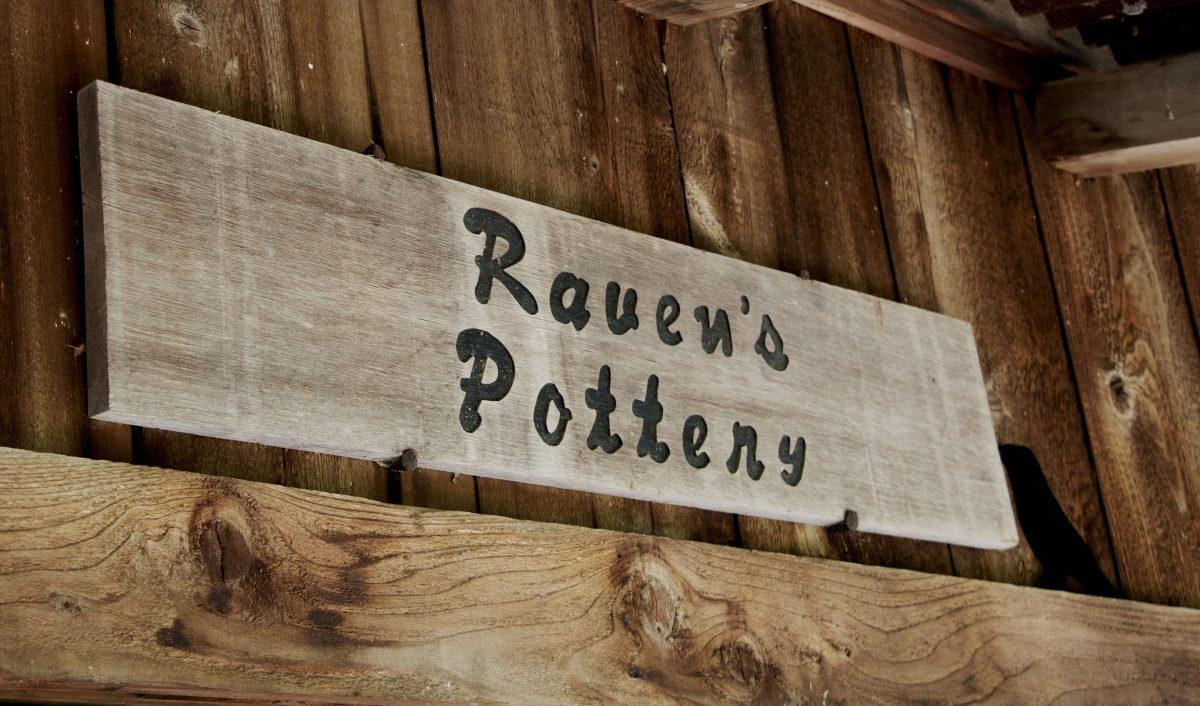
On Feb. 27, Sam Houston State University’s emergency notification system, KatSafe, sent out an email labeled “Timely Notification.” The notification stated that over the past two weeks, the Office of Equity and Inclusion and Public Safety Services were provided with four reports of sexual misconduct that occurred on campus in residential units.
The report stated that the incidents “do not represent an ongoing threat or immediate danger to the community,” but the number of reported incidents “prompted a notification in regards to safety on campus regarding sexual misconduct.”
University Police Department Associate Director of Emergency Management Steve Jeter spoke about the scope of these reports.
“Probably the best way to put this is that it is campus-wide,” Jeter said. “Two of them came from Sam Houston Village, I know that off the top of my head. But it’s not all one place, it’s not all one person, they’re different victims. It’s not like we have a boogeyman.”
Jeter said that the main reasoning behind this email was to prompt people to make better decisions.
“One of the things that seemed to be the common denominator of the ones we’ve worked the last couple of months is they’re meeting on social websites, and then when they’re getting together, sometimes a sexual incident happens,” Jeter said. “More or less, we’re just trying to help people be smarter about who they’re inviting in their house, set boundaries, things like that so they can possibly help keep themselves out of harm’s way.”
Even though these four reports prompted a campus-wide notification, Jeter was not certain that it signaled an actual increase in sexual misconduct. Since Texas Senate Bill 212 went into effect on Jan. 1, reporting these incidents has become mandatory for campus faculty and staff.
“When the laws changed last year where if you talk to a professor or law enforcement or Title IX or whoever on campus now, they’re required by law to tell somebody,” Jeter said. “Otherwise they could be held legally responsible. I think the reporting systems are better. This is something that everybody is taking seriously, so when somebody makes an allegation they’re being investigated and contacted, either through Title IX or law enforcement.”
The KatSafe email included three tips to help reduce risk or mitigate sexual misconduct: clearly communicate your interests regarding sexual activity to prospective partners and give them a chance to communicate their intentions to you, respect personal boundaries and do not make assumptions about consent, someone’s sexual availability, whether they are attracted to you, how far you can go or about whether they are physically or mentally able to consent.
The email emphasized that if there are any questions or ambiguity in a situation, then you do not have consent.
“If we can just reiterate those things, making good decisions, making sure you have boundaries, and no means no,” Jeter said. “If we can do something to encourage people—if something does happen, please contact us, contact Title IX so we can help them through the process.”
Any type of sexual assault, sexual violence or any form of sex discrimination under Title IX may be reported to the Title IX office, or students can file a formal complaint with a Title IX coordinator. There is a link to report online at www.shsu.edu/titleix/, and students can also contact UPD at 936-294-1800.












